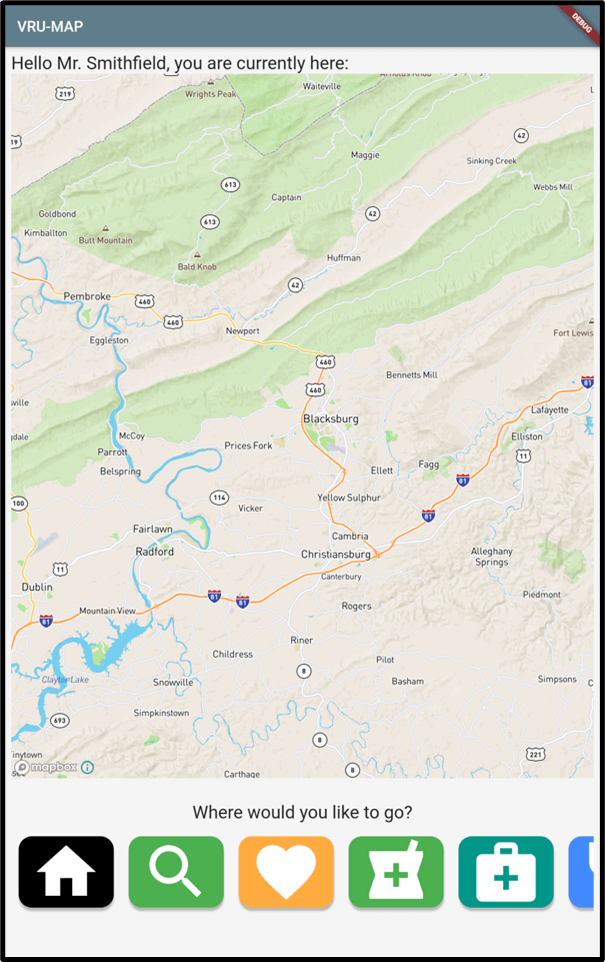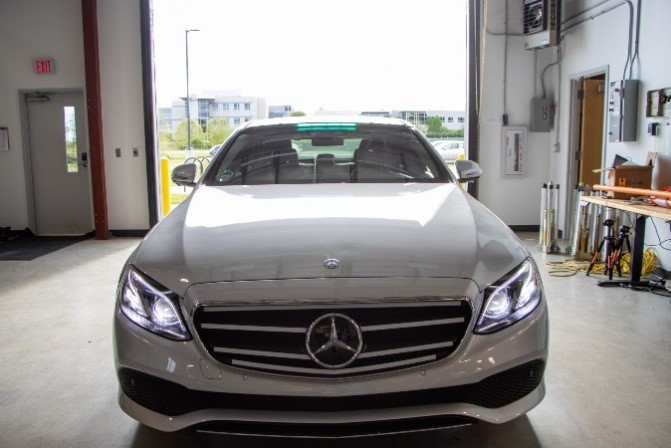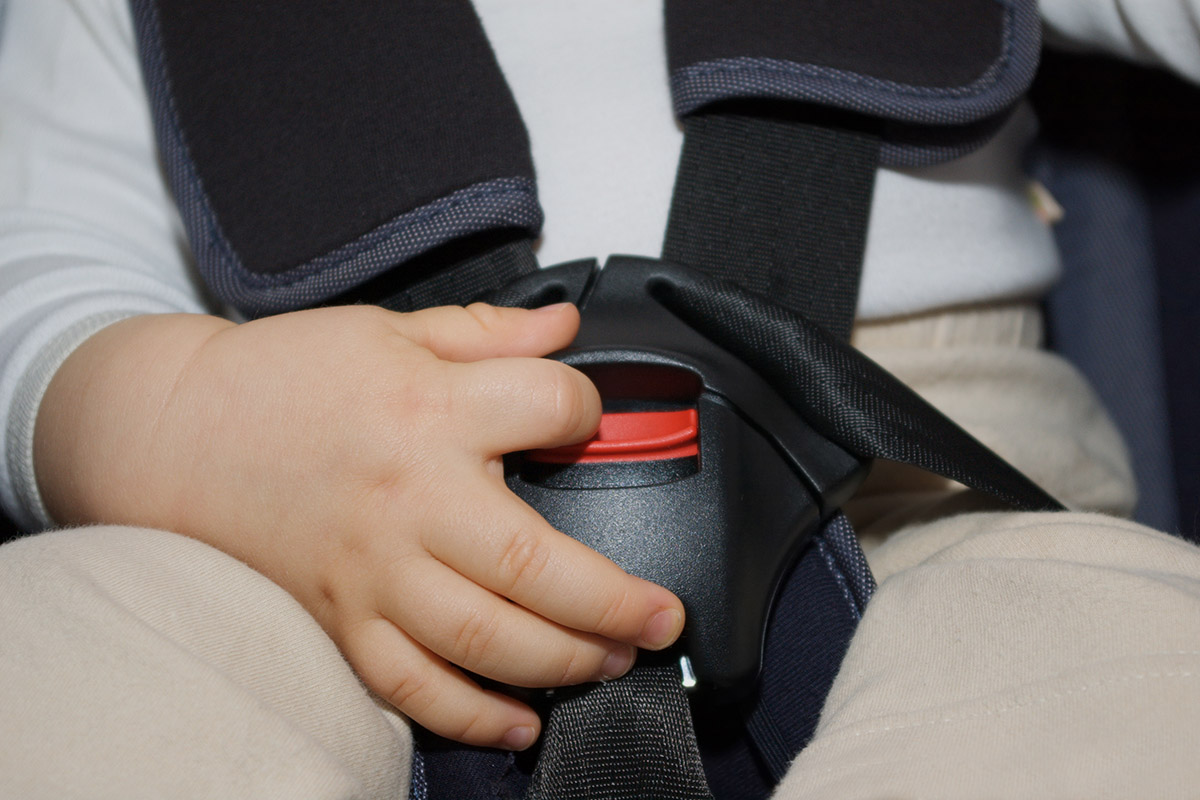The Division of Vehicle, Driver, & System Safety applies innovative scientific methods to solve the complex transportation challenges of today and tomorrow, focusing on applications to improve the safety and effectiveness of transportation systems for the broad range of users. We support the development and evaluation of advanced technologies and operations using our laboratories, numerical models, test-tracks, field studies and analysis toolchains. The applied nature of our work is intended to support original equipment manufacturers (OEMs), automotive suppliers, policy makers, and infrastructure owner operators in designing and improving the effectiveness of systems by quantifying performance benefits, resilience, unintended consequences, and potential misuse while also characterizing user acceptance, reliance, comprehension, and understanding of advanced vehicle and infrastructure systems.
- Pediatric Vehicular Heatstroke
- A Data-Driven Approach to the Development and Evaluation of Acoustic Electric Vehicle Alerting Systems for Vision-Impaired Pedestrians
- Driver Adaptation to L2 Partially Automated Vehicle Technologies
- Impact of Automated Vehicle External Communication on Road User Behavior
- Teen Feedback Application
- Strategies to Reduce Truck-Mounted Attenuator (TMA) Crashes
- Estimating the 2016 Lives Saved, Injuries Prevented, and Benefit-Cost Ratio for Two or More Infrastructure Categories

Luke Neurauter
Division Director

Jacobo Antona-Makoshi
Safety Intergration & Policy Engagement

Ammie Jo Carter
Program Manager

Charlie Klauer
Applied Driver Assessment Performance & Training

Eddy Llaneras
Advanced Product Test & Evaluation

Loren Stowe
Dynamics, Electronics, & Perception Systems
- INNOVATION: This team strives to solve a broad set of challenges associated with integrating cutting-edge technologies into the vehicles of tomorrow. Researchers work cooperatively with their industry and governmental partners to solve complex transportation problems through technology advancement in the areas of crash warning/avoidance/mitigation, connected vehicles, driver-vehicle interfaces, crash causation, vehicle automation, roadway-based safety systems, and other areas.
- OUTREACH: Our division researchers engage in a variety of outreach opportunities to inform the broader community about our research and findings. Specific to VRUs, researchers have participated in workshops and forums to inform stakeholders on driving-related issues and considerations. Researchers have also implemented several programs to educate teenage drivers and their parents on safe driving behaviors, including the Virginia Licensing Ceremony and the Parent-Teen Driving Agreement. They have also co-created www.kidsridesafe.org to educate parents on the various state rules regarding using child seats in rideshare vehicles.
- COLLABORATION: Safety Through Disruption (Safe-D) was a collaborative effort, with the USDOT funding over 90 research projects focused on four interconnected transformative technology themes including automated vehicles, connected vehicles, transportation as a service, and big data analytics. Information on completed projects along with publications and reports can be found on the Safe-D website.
- WORKFORCE DEVELOPMENT: VTTI's InternHub is an experiential learning program designed to give students the opportunity to work on professional industry projects while completing their undergraduate studies. Students benefit from hands-on experience with state-of-the-art technologies and work side by side with an industry partner to complete a sponsored project. InternHub's two primary goals are to establish a talent pipeline for industry partners, and provide students with quality transportation industry experience prior to their graduation.





